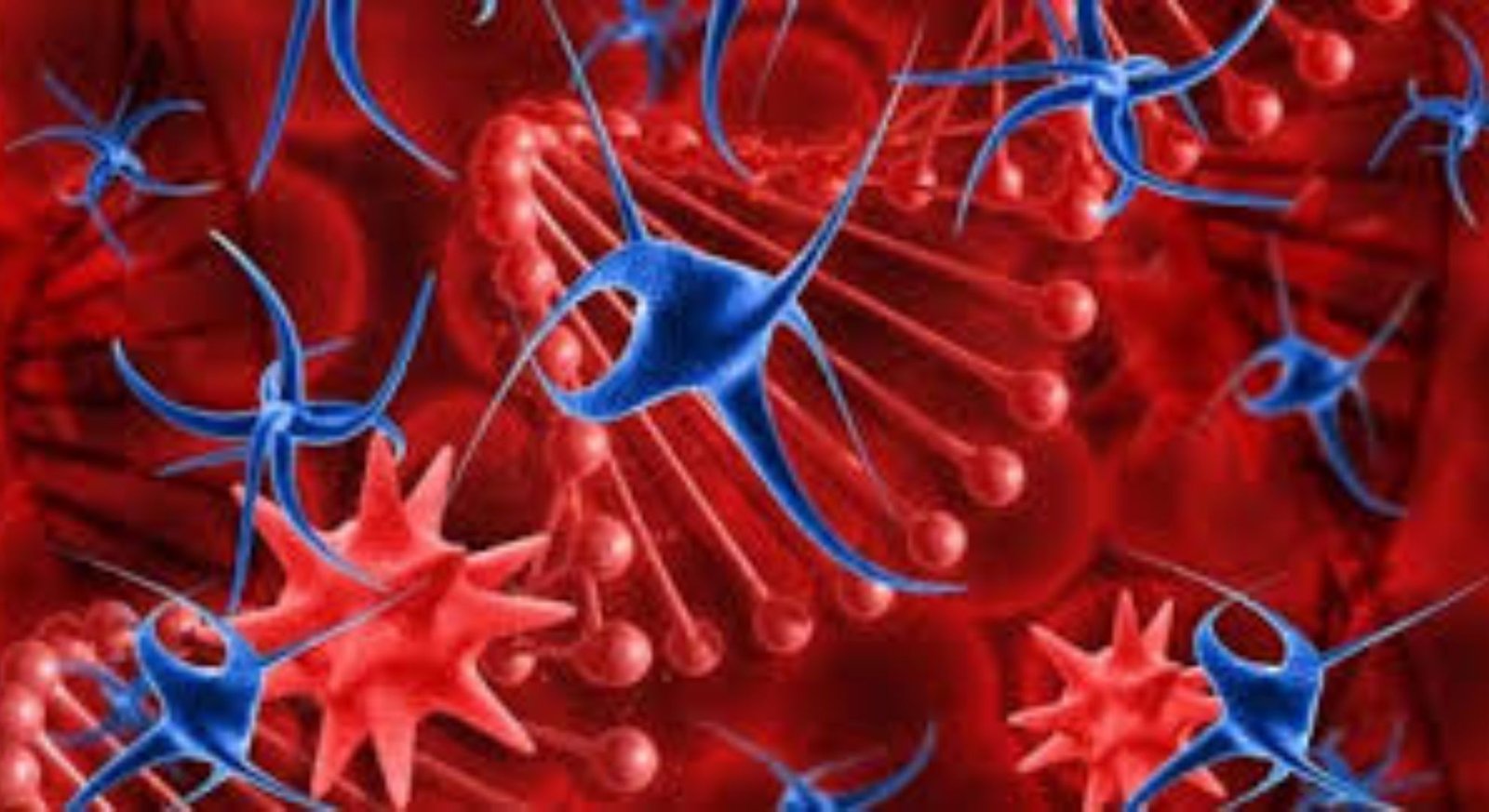
blood cancer image
Cancer can affect almost any part of the body, and each type has its own symptoms and causes. There are different types of cancer, including breast, lung, prostate, and skin cancer may show signs like lumps, fatigue, coughing, or weight loss. Risk factors include smoking, family history, poor diet, and sun exposure. Catching cancer early makes a big difference. Treatments such as chemotherapy, surgery, or radiation are often more effective when cancer is found in its early stages.
What is Cancer?
Cancer is when some of the body’s cells start growing in the wrong way, and very quickly. Such cells then fail to die as other cells do and can bulge to form a mass, a tumor. Occasionally, they metastasize elsewhere in the body, where they can make people very sick.
Cancer can occur in many parts of the body, including the breast, lungs, skin, or stomach. Lumps, weight loss, fatigue, or pain are some possible indicators. If cancer is found early, it’s subject to treatment through surgery, or medicine such as chemotherapy, or radiation. And regular check-ups can make the difference between catching cancer early and saving lives.
Different Types of Cancer:
There are over 100 types of cancer present in health organizations, but here we will discuss 5 major types of cancer:
Breast Cancer
Breast cancer happens when cells in the breast grow irregularly. It usually shows as a Mass in the breast or underarm. Women assess for changes in size, shape, or pain. Early detection through mammograms and self-examination can help. Treatment includes surgery, chemotherapy, radiation, or hormone replacement therapy.
Lung Cancer
Smoking is the primary cause of lung cancer, yet non-smokers can also develop it. Common indications are persistent cough, pain in the chest area, or breathing difficulties. It impacts all genders. CT scans assist in its early detection. Surgery, chemotherapy, radiation, or targeted drugs may be part of the treatment.
Prostate Cancer
Prostate cancer strikes the already threatened population, a population aged 50 years and over. It begins to work from the prostate, which in the regular world is simply deemed as a gland that produces semen.
Early symptoms, even if they exist, don’t cross the patient’s mind, though in the late phase, signs such as difficulty in urination or pain can be faced. Up to this point, regular checkups have been highly emphasized! Once diagnosed with prostate cancer, treatment can involve surgery, radiation, hormone therapy, or simple observation in cases of slow-growing cancers.
Blood Cancer
The Blood cancers are the ones that begin in the bone marrow. Blood of the white kind is targeted by them, and they are crippling for the immune system. Some of their common symptoms include fever, weakness, and frequent infections, among others. Usually, chemotherapy, radiation, or bone marrow transplant is considered as treatment. The earlier one is diagnosed, the better the chances of recovery.
Skin Cancer
Sun damage is a cause of skin cancer, because it causes the growth of skin cells to lose control. There could be an onset of either a new mole or a sore that remains unhealed. Having lighter skin or staying in the sun for too long can increase the risk. Its treatment will depend on surgery or improvement through creams.
What are the symptoms of cancer?
Cancer symptoms differ from person to person. They are contingent upon the type and stage of your malignancy. Symptoms of general cancer can include:
- Exhaustion.
- A fever that typically happens at night.
- Appetite loss.
- Sweats during the night.
- Chronic discomfort.
- Skin changes, especially new moles or moles that alter size and shape.
- Inexplicable loss of weight.
Other symptoms related to a particular organ may also accompany malignancy. These could consist of:
- Blood in your feces or urine.
- alterations to a skin mole’s size, color, or shape.
- coughing up blood.
- new bumps or lumps.
What are the Risk Factors of Cancer?
Cancer is not caused by one single factor. It is caused by multiple things or activities, which include:
Family Medical history: You are at higher risk of developing cancer if you have blood relatives who have had cancer, including parents, siblings, or grandparents.
Smoking Habits: You are more likely to develop lung, esophageal, pancreatic, and oral cancers when you smoke or use e-cigs.
Radiation Contact: The UV rays from the sun massively increase your skin cancer your risk. Another risk factor may be overtreatment with radiation therapy.
Hormone Treatments: Risk for breast or uterine cancer may be increased in women taking hormone replacement therapy.
Environmental Risks: It is possible that exposure to some environmental contaminants, such as radon, insecticides and asbestos, can eventually lead to cancer.
Lack of Proper Food: Eating high-fat or high-sugar foods can increase your risk for various cancers. Being sedentary also makes you more prone to illness.
Conclusion
In today’s blog, we talked about different types of cancer, symptoms, and their risk factors. Cancers like breast, lung, prostate, skin, and brain cancer can affect anyone. The early signs and causes are important to recognise them early and provide better treatment. Early diagnosis and treatment are also factors that make regular check-ups, a healthy lifestyle, and staying aware even more important.
To read more free article ( Click Here )




